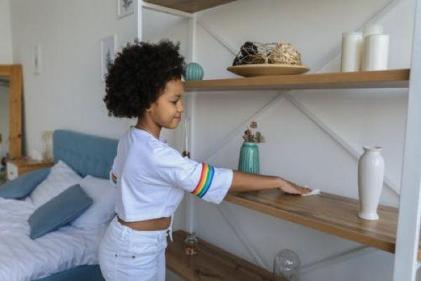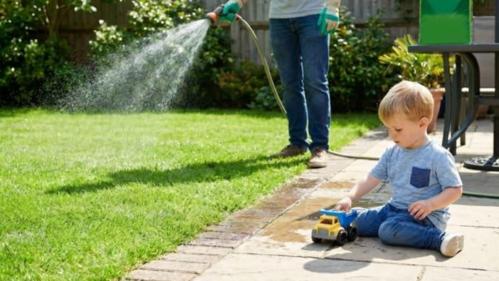The truth is, it’s never too early to start teaching your child manners. From around toddler age, your child can start to learn basic good manners, and while you can’t expect perfect behaviour and etiquette at this age, he or she should master the basics fairly quickly. There are a few basic rules to teaching a young child manners:
Firstly, keep it simple. If you can get your child to say please and thank you, and have a few other basic social niceties down pat, you’re doing a good job. These are easy for young children to learn and remember, and won’t confuse or over burden them with information.
Secondly, if you want your child to have good manners, you’d better have good manners yourself. Your child learns more from what you do than what you say, so he or she will emulate your manners, rather than following your commands. Make sure you’re always polite, and your child will pick it up.
Thirdly, remember to praise your child when he or she gets it right. Admonishing your child when he or she gets it wrong won’t help, but telling your child how impressed you are with his or her good manners will go a long way to making your child want to have good manners all the time.
Finally, remember that consistency is key. Remind your child gently to say please and thank you wherever you go – not only at home. That way, it’ll soon become second nature.
Firstly, keep it simple. If you can get your child to say please and thank you, and have a few other basic social niceties down pat, you’re doing a good job. These are easy for young children to learn and remember, and won’t confuse or over burden them with information.
Secondly, if you want your child to have good manners, you’d better have good manners yourself. Your child learns more from what you do than what you say, so he or she will emulate your manners, rather than following your commands. Make sure you’re always polite, and your child will pick it up.
Thirdly, remember to praise your child when he or she gets it right. Admonishing your child when he or she gets it wrong won’t help, but telling your child how impressed you are with his or her good manners will go a long way to making your child want to have good manners all the time.
Finally, remember that consistency is key. Remind your child gently to say please and thank you wherever you go – not only at home. That way, it’ll soon become second nature.





